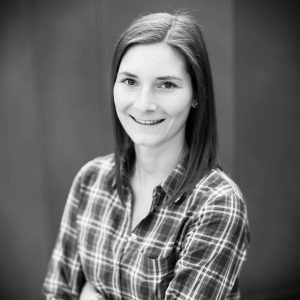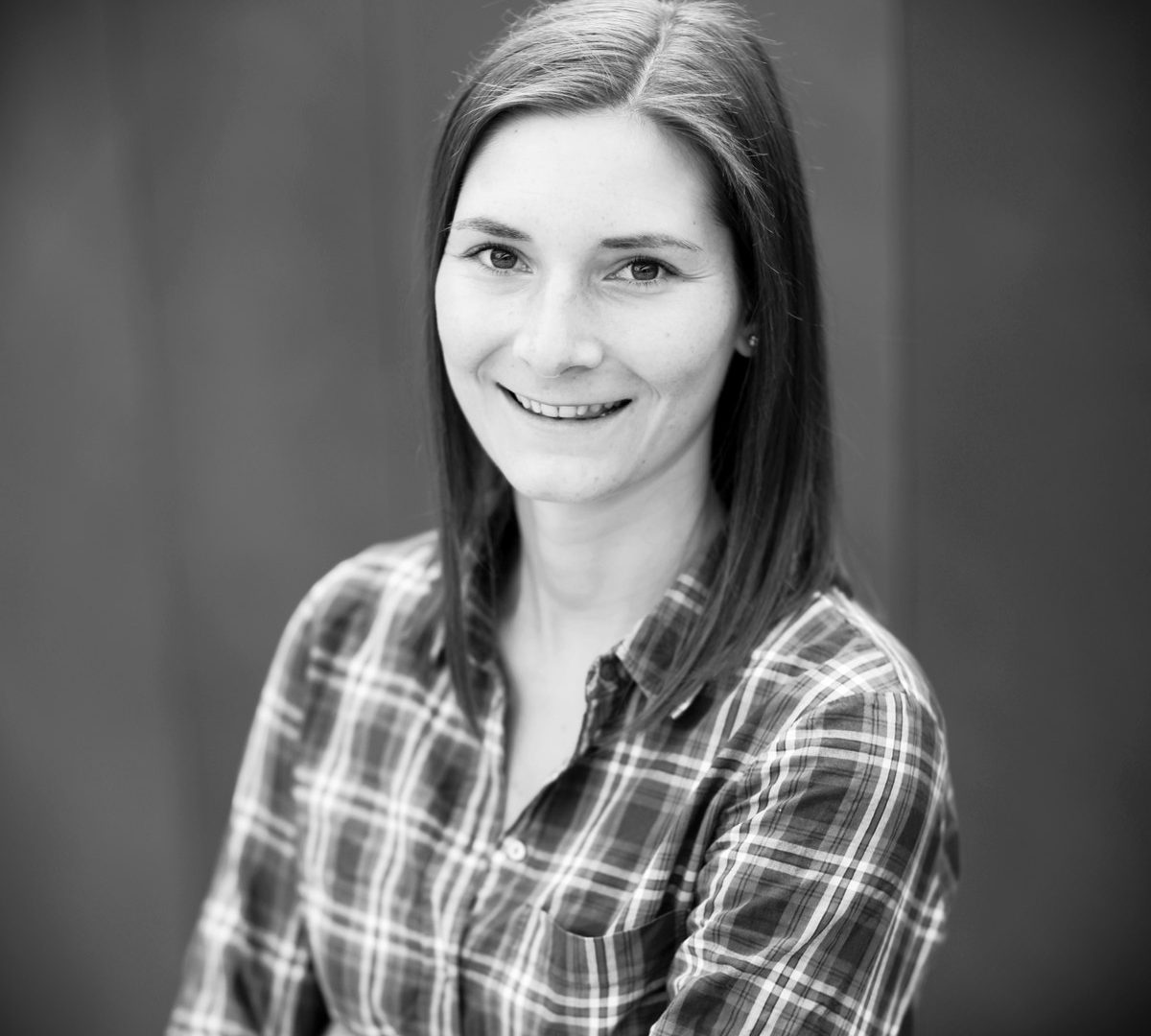 How can we explain sexual disparities in health and illness? The thesis work of Anaëlle Grabek on the effect of gonadal sex on adrenal cortex homeostasis, supervised by Andreas Schedl and Marie-Christine Chaboissier, is a big step forward in this fascinating and quickly growing field.
How can we explain sexual disparities in health and illness? The thesis work of Anaëlle Grabek on the effect of gonadal sex on adrenal cortex homeostasis, supervised by Andreas Schedl and Marie-Christine Chaboissier, is a big step forward in this fascinating and quickly growing field.
The cortex of adrenal glands is divided in three concentric morphological zones, each responsible for the production of specific steroid hormones essential to many human functions. Defects in the maintenance and renewal of these three zones may result in adrenal disorders. Because such diseases have a higher prevalence in women, Anaëlle tested the possibility of sexual dimorphism in cortex homeostasis. She first found that cell proliferation and apoptosis was higher in the adrenal cortex of female mice. But to get a more accurate picture of cell turnover, she needed to track down progenitors and differentiated cells across the concentric compartments of the cortex, a big challenge! For this, Anaëlle took advantage of an elegant Cre-loxP-based inducible system, marking parental and daughter cells with fluorescence. She found out that cell turnover was indeed three times faster in the female adrenal cortex.
But how does this sexual dimorphism work? Using a Sox9 ablation model, Anaëlle showed that male-to-female sex reversal in XY gonads increased capsular cell recruitment and proliferation in the adrenal cortex. Reciprocally, female-to-male gonadal reversal reduced capsular cell proliferation in XX males. This meant that gonadal sex was responsible for the differential control of adrenal cortex renewal, a finding confirmed by the effect of testis ablation and its reversal by androgen treatment. Anaëlle’s work was published in May 2019 in Cell Stem Cell https://doi.org/10.1016/j.stem.2019.04.012
Where did you study before arriving at the iBV ?
When I moved from Tours to Gothenburg for the last year of my Bachelor, my vision on higher education completely changed and I decided to stay in Sweden for pursuing a Master of Applied Biotechnologies at Uppsala University, including an 8-month internship at the SciLifeLab. After that, I returned to France to join the Signalife Labex PhD program at the iBV and the team of Andreas Schedl.
What is your motivation at work?
Curiosity, the search for deeper knowledge and accuracy are my main driving forces for research. All biological systems around us, including the human body, are amazing in their complexity, and well conducted research is a great way to gain a more precise understanding of how nature works. Also, I hope that, by showing how fundamental processes are so strikingly different in male and female even in non-reproductive organs, my work will help rebalance the way men and women are studied in fundamental and clinical research.
What are your next projects?
Giving birth to my first child! I want to take some time off to enjoy my baby but I will definitely go back to science afterwards. Graduating as a PhD means to focus on a very specific research topic for years and I loved that. But it also made me realize that I am passionate about science from a wider point of view, so I now contemplate a career in scientific publishing or consulting. That’s the kind of job I will look for in the Netherlands, where our little family will move soon!
Finally, how did you end up giving yoga class at the iBV?
I am also passionate about the “wellness” movement, which covers many different things from yoga to mindfulness, food and our relationship to nature and the environment. In my early twenties, I faced a severe injury and had to deal with anxiety after that. This drew me to yoga, which I have consistently practiced for the last 4 years. This passion ultimately brought me to Bali last fall, where I followed a month of intensive classes to become a certified yoga teacher. When I was there, I realized how deeply yoga had changed my life, all for the better. I really wanted to share this discovery with people around me, including my fellow workers, so I offered yoga evening classes in the conference room of the iBV, every other week. This has been another great opportunity to connect with my colleagues at work, in a very different way!

